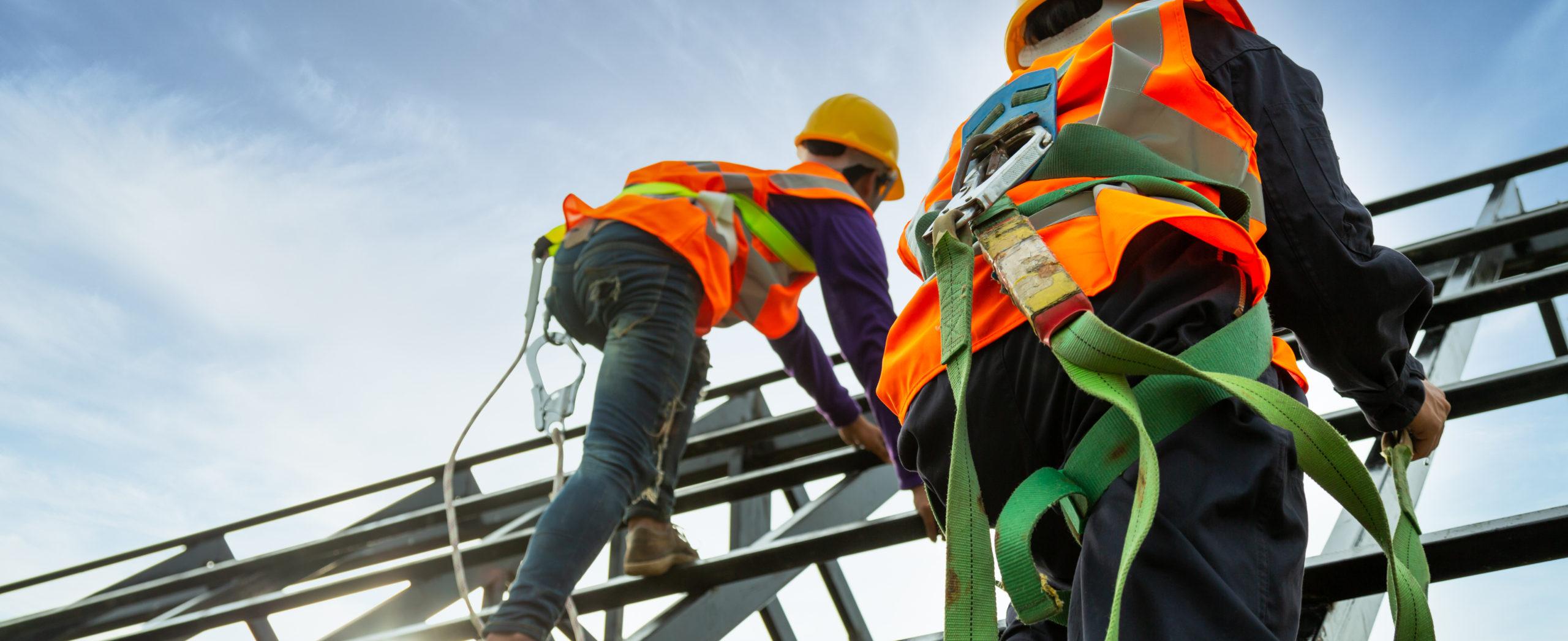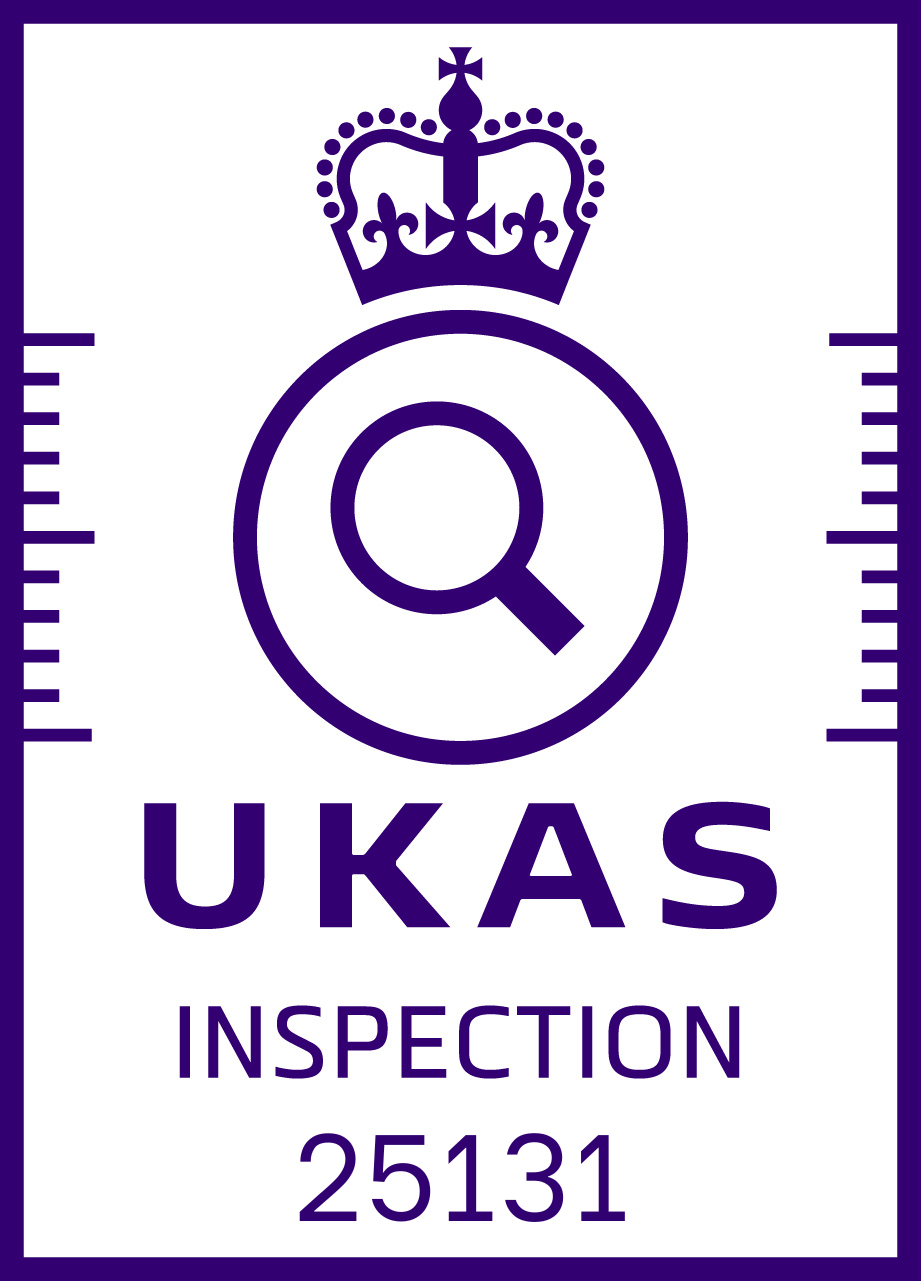- New learners will be required to undertake around 200 hours of supervised experience following the training course and will be required to submit a portfolio of 6 jobs they have completed before being signed off.
- Semi experienced learners will be required to submit evidence of 3 jobs prior to training. After training they will need to complete 100 hours of supervised installation and then submit a portfolio of 3 jobs they have completed.
- Experienced installers will attend a training course. The assessor will use their professional judgement to determine if the candidate is sufficiently experienced using a number of methods, including; evidence of clear practical experience during the training course along with any previous qualifications (e.g. CISRS Card) . If the experience is demonstrated the candidate will provide a portfolio of 3 jobs after the course prior to being signed off.
If competence is not demonstrated, a further site assessment may be organised following a period of supervised work to gain experience with further portfolio’s being submitted in support. Course attendance does not guarantee a FASET CSCS card.In order to renew a card, the individual will undertake re-training to ensure their skills are up to date, and then the GSA-2 assessment to prove theoretical knowledge and practical skills. If they are successful, they are eligible to renew their FASET CSCS card. If not, further training and practical evidence will be required, along with a further re-assessment.Stair Tower TrainingTemporary stair towers are typically installed to provide a safe means of access onto a floor or roof. Proprietary stair tower systems are connectedto the structure using tube and fitting components to tie them in.









